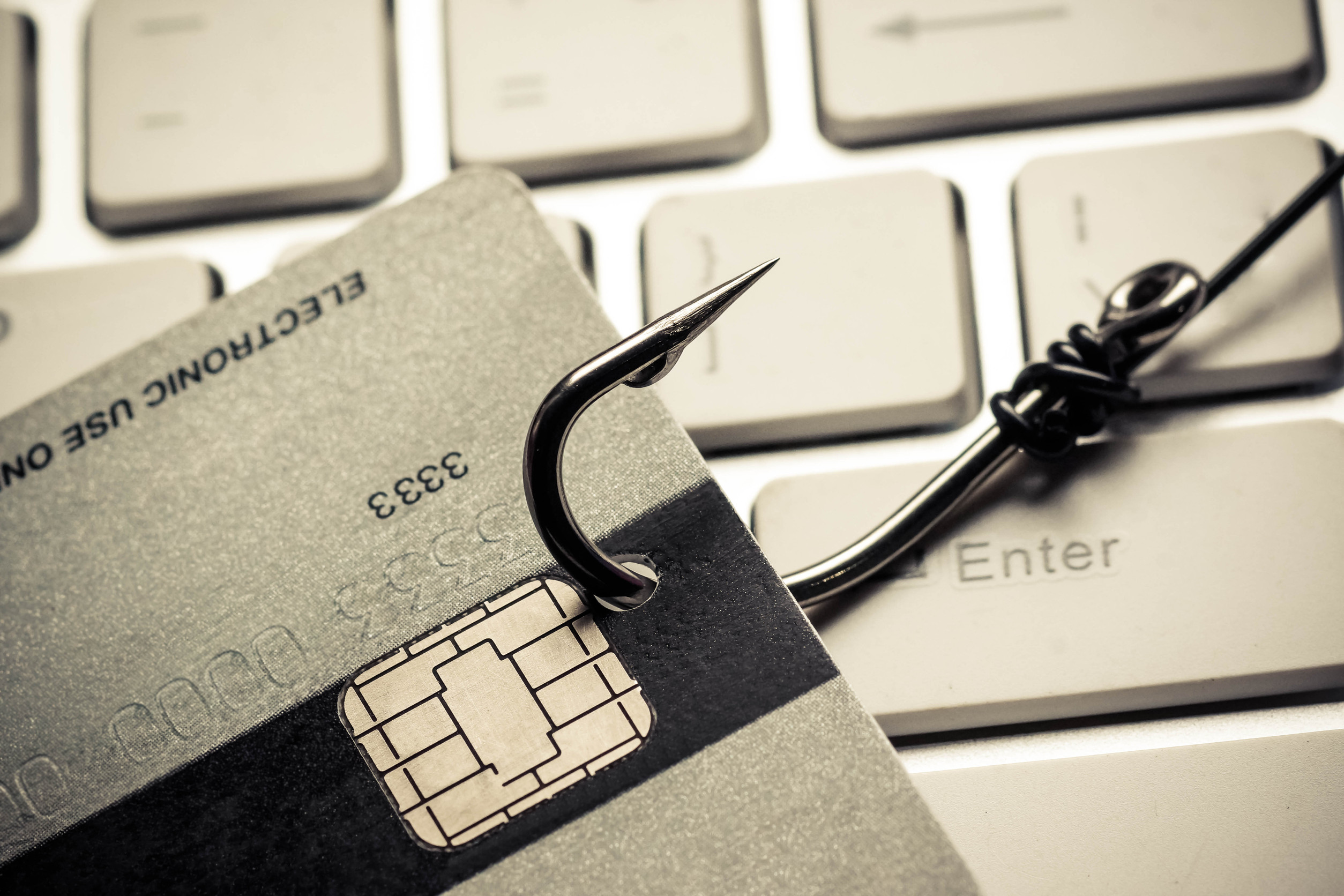Children may not have much money, but they do have something scammers want: clean banking records and fresh identities. With the rise of kids’ debit cards, teen banking apps, and online shopping, more financial scams are now targeting minors than ever before. The worst part? Many of these scams are designed to fly under the radar of both the child and the parent. If your child has a bank account—or even just access to a digital device—it’s time to get proactive. Here are nine financial scams you need to watch for to protect your child’s growing financial future.
1. Fake Refund or Prize Calls
Scammers often impersonate popular brands, telling kids they’ve won a contest or refund they never entered. These calls or emails ask for “verification” details like bank account numbers or debit card info. The lure of a reward makes it easy for kids to fall for this trick. To prevent these financial scams, teach your child never to give out financial information over the phone or through unsolicited messages. Let them know that real companies will never ask for sensitive data like that.
2. Phishing Links in Gaming Chats
Online games and gaming chat rooms are hotspots for financial scams. Scammers might pose as other players and send links promising free in-game currency or rare items. When clicked, these links can harvest login credentials or even banking information linked to a child’s account. Talk to your child about never clicking on suspicious links, even if they come from a “friend.” Encourage them to come to you if they ever feel unsure.
3. Fake Jobs for Teens
Some scams pose as part-time jobs or social media “brand ambassador” roles and are aimed at teens with newly opened bank accounts. These financial scams often ask for account info to set up direct deposit, only to use it to drain the account or commit fraud. If your child is earning money, help them vet any job offers carefully. Encourage them to never give out account numbers until a job is verified as legitimate.
4. Peer-to-Peer Payment Scams
Apps like Venmo or Cash App may seem convenient, but they also open the door to scammers posing as friends or family. One popular scam involves sending a payment by mistake and asking your child to send it back—only for the original payment to later bounce. To fight back against these financial scams, teach your child to only send or receive money from people they know personally. Help them lock down their privacy settings and link the app to a secondary account with limited funds.
5. Fake Tech Support Pop-Ups
Children who use shared or personal devices may come across pop-ups warning them of a virus or account hack. These pop-ups often direct users to call a fake support line or enter banking information to “fix” the issue. These financial scams work because they instill panic, causing kids to act quickly without checking. Make sure your child knows that tech companies will never contact users this way. Installing pop-up blockers and teaching safe browsing habits can also help.
6. YouTube Giveaway Scams
Scammers often leave comments or create fake videos claiming a giveaway is happening, then direct viewers to a shady website. These scams frequently ask for small “processing fees” or personal banking info to “claim” the prize. Kids eager to get something for free may not see the red flags. Talk about how real giveaways don’t ask for money upfront or require bank account details. Encourage your child to run anything suspicious by you first.
7. Identity Theft Through School Accounts
If a school or after-school program collects your child’s personal information and stores it digitally, that data can be a target. In recent years, cyberattacks on educational institutions have increased, exposing student data. Stolen information can be used to open fraudulent bank accounts or credit lines. Keep track of what personal information is shared and ask how it’s protected. It’s a subtle but serious source of financial scams against minors.
8. Fraudulent Charities and Fundraisers
Scammers may contact kids directly or use social platforms to promote fake causes that tug at the heartstrings. Kids may donate using their bank or debit card, only to find the money gone with no trace of a real charity. Explain how to verify legitimate organizations by looking them up on sites like Charity Navigator or through official school fundraisers. Financial scams like these are especially harmful because they target kids’ generosity.
9. Fake Banking Apps or Logins
In some cases, kids may be tricked into downloading a fake banking app or entering login credentials on a phony site. These scams are incredibly sophisticated and can closely mimic real banks. Once the scammer has access, they can drain the account or lock the user out. Emphasize the importance of downloading apps only from trusted sources and bookmarking the official banking site. Regularly check the account with your child to spot anything unusual.
Stay One Step Ahead with Shared Awareness
The best protection against financial scams is awareness—and that includes your child. As your kids begin to manage money, they also need to learn how to recognize red flags, question too-good-to-be-true offers and seek your help when unsure. Financial education isn’t just about saving and spending wisely anymore—it’s about defending those hard-earned dollars from digital thieves. By staying involved, setting rules, and having open conversations, you can help your child grow into a smart, scam-savvy money manager.
Has your child encountered any financial scams or suspicious activity? Share your experience or advice in the comments—we’d love to hear from you!
Read More:
Don’t Fall For This: 7 Social Media Challenges Kids Are Doing That Are Scams
The Hidden Message: 9 Online Threats That Use Deepfakes of Kids
The post The Hidden Risk: 9 Financial Scams That Target Your Child’s Bank Account appeared first on Kids Ain't Cheap.








